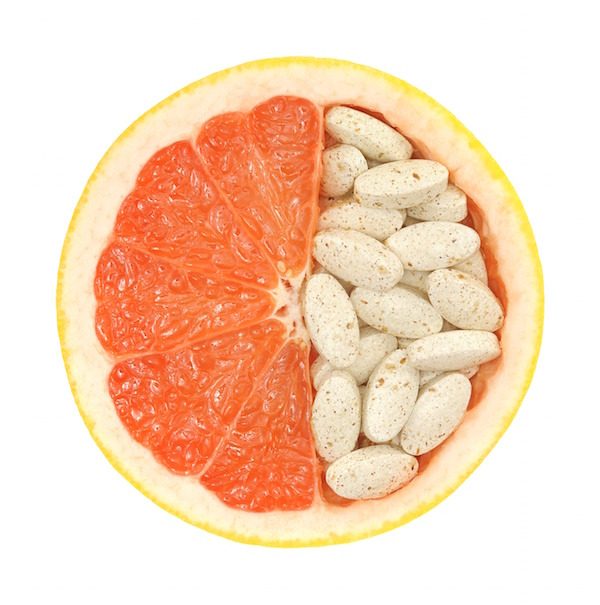
TUESDAY, Nov. 8 (HealthDay News) — Three teenage boys suffered heart attacks after smoking K2, a form of synthetic marijuana, according to a new case report.
During the span of a few weeks last fall, Dr. Colin Kane, a pediatric cardiologist at Children’s Medical Center in Dallas, was surprised when the teens, all aged 16, were admitted with chest pain. Chest pain — and heart attacks especially — are very unusual in teens, so doctors at first suspected a virus.
But electrocardiograms, which measure the heart’s electrical activity, and blood tests that measure levels of a protein called troponin (high levels are a telltale sign of heart attack), showed that two of the boys had indeed had heart attacks.
The tests for a third boy were inconclusive at first, but while he was in the hospital his chest pain got much worse, and subsequent tests showed he, too, had suffered a heart attack.
All had reported smoking both marijuana and K2 between a day and a few weeks before the attack, said Kane, who is also assistant professor of pediatrics and a cardiologist at UT Southwestern Medical Center, Dallas. The case reports are published in the December issue of Pediatrics.
Dr. Anthony Scalzo, chief of toxicology at St. Louis University and medical director of the Missouri Poison Center at SSM Cardinal Glennon Children’s Medical Center, said it’s difficult to prove that K2 caused the heart attacks.
Only one boy had a urine test for K2 and that came up negative, which isn’t surprising since the drug has a short half-life in the body, Scalzo explained. All the boys came up negative for other drugs, such as cocaine and methamphetamine, but it’s still possible the boys may have been using other illicit drugs or taking steroids and lied about it.
“This article raises additional concerns about the toxicity of K2 and newer synthetic cannabinoids that are out in the market,” Scalzo said. “Youth and parents should be warned about the dangers of these substances and that in any given case it is like a game of Russian roulette. You might be the next case report of a serious seizure, mental health crisis or perhaps a premature heart attack.”
K2 and “Spice” are often marketed as incense and sold in packets of herbs that are laced (often sprayed) with synthetic marijuana at “head shops” and online. The drug also goes by other names, including Spice Gold, Spice Diamond, Yucatan Fire, Solar Flare, Genie, PEP Spice and Fire n’ Ice, according to the U.S. Drug Intelligence Center.
While people who smoke K2 are seeking a marijuana-like high, there have been many previous reports of young people going to the emergency room because of agitation, anxiety, racing heartbeat and elevated blood pressure, Scalzo said.
The drug itself was developed in the mid 1990s in the lab of John Huffman, a Clemson University chemist, who was conducting U.S. National Institute on Drug Abuse-supported research on cannabinoids. The chemical, which he called JWH-018 and JWH-073, was similar to tetrahydrocannabinol (THC), the active ingredient in marijuana, only more potent.
“These compounds were not meant for human consumption,” Huffman said. “Their effects in humans have not been studied and they could very well have toxic effects. They absolutely should not be used as recreational drugs.”
Since 2009, increasing numbers of reports from poison centers and hospitals of kids becoming ill from smoking K2 prompted at least 16 states and some counties to outlaw K2. In March, the U.S. Drug Enforcement Administration (DEA) used its “emergency scheduling authority” to make possessing or selling JWH-018 and four other similar chemicals illegal.
“The temporary scheduling action will remain in effect for at least one year while the DEA and the United States Department of Health and Human Services further study whether these chemicals should be permanently controlled,” a DEA statement said.
Kane agreed that he can’t say for sure that it was the K2 that caused the heart attacks. He also doesn’t know if all the boys smoked the same batch. But he suspects the drug caused the coronary arteries that bring blood to the heart to spasm temporarily, cutting off blood supply.
And because the drugs are unregulated, “who knows what else these drugs could be contaminated with?” he said.
Since their heart attacks, the boys have recovered, although one who played high school football was devastated when Kane told him he’d have to sit out the season.
Texas has since banned K2.
“It still easy to get,” Kane said. “I just saw a kid this week . . . who had smoked K2 and was having chest pain, palpitations, headaches and trouble breathing.”
More information
The U.S. National Institute on Drug Abuse has more on K2.

